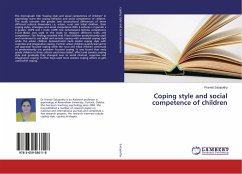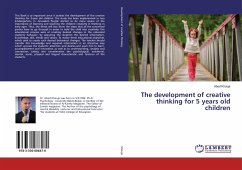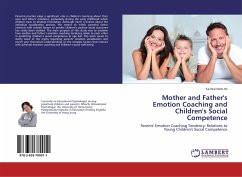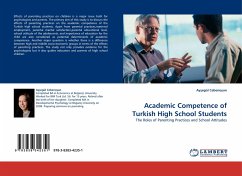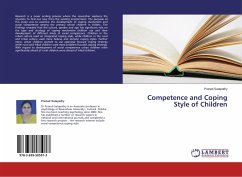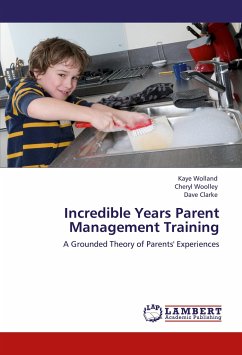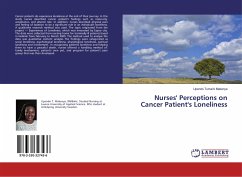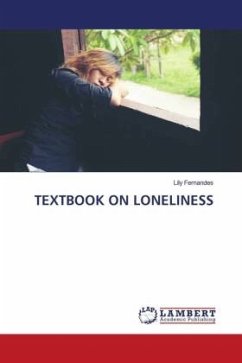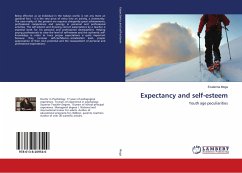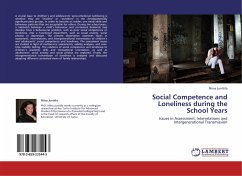
Social Competence and Loneliness during the School Years
Issues in Assessment, Interrelations and Intergenerational Transmission
Versandkostenfrei!
Versandfertig in 6-10 Tagen
32,99 €
inkl. MwSt.

PAYBACK Punkte
16 °P sammeln!
A crucial issue to children s and adolescents socio-emotional well-being is whether they are insiders or outsiders in the developmentally significant peer groups. In order to become an insider, one needs skills and behaviour patterns that are acceptable for others. During the school years, a mismatch between a child s behaviour and contextual demands may develop from a behavioural problem, such as poor social competence or loneliness, into a functional impairment, such as social anxiety, social phobia or depression. The present dissertation examines issues in assessment, interrelations, and in...
A crucial issue to children s and adolescents socio-emotional well-being is whether they are insiders or outsiders in the developmentally significant peer groups. In order to become an insider, one needs skills and behaviour patterns that are acceptable for others. During the school years, a mismatch between a child s behaviour and contextual demands may develop from a behavioural problem, such as poor social competence or loneliness, into a functional impairment, such as social anxiety, social phobia or depression. The present dissertation examines issues in assessment, interrelations, and intergenerational transmission of children s and adolescents social competence and loneliness. The assessment issues are studied in light of multisource assessments, validity analyses, and over-time stability testing. The relations of social competence and loneliness to children s academic skills and motivational orientation, as well as adolescents social anxiety and social phobia are explored. Finally, the intergenerational transmission of loneliness is analysed and discussed adapting different contextual views of family relationships.



